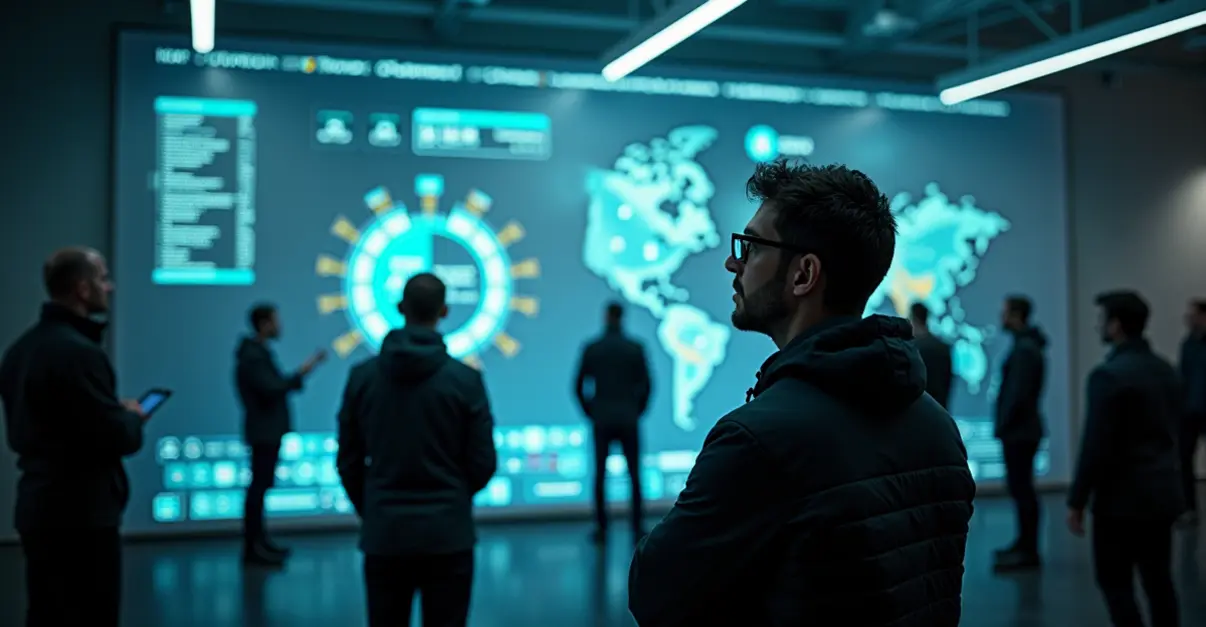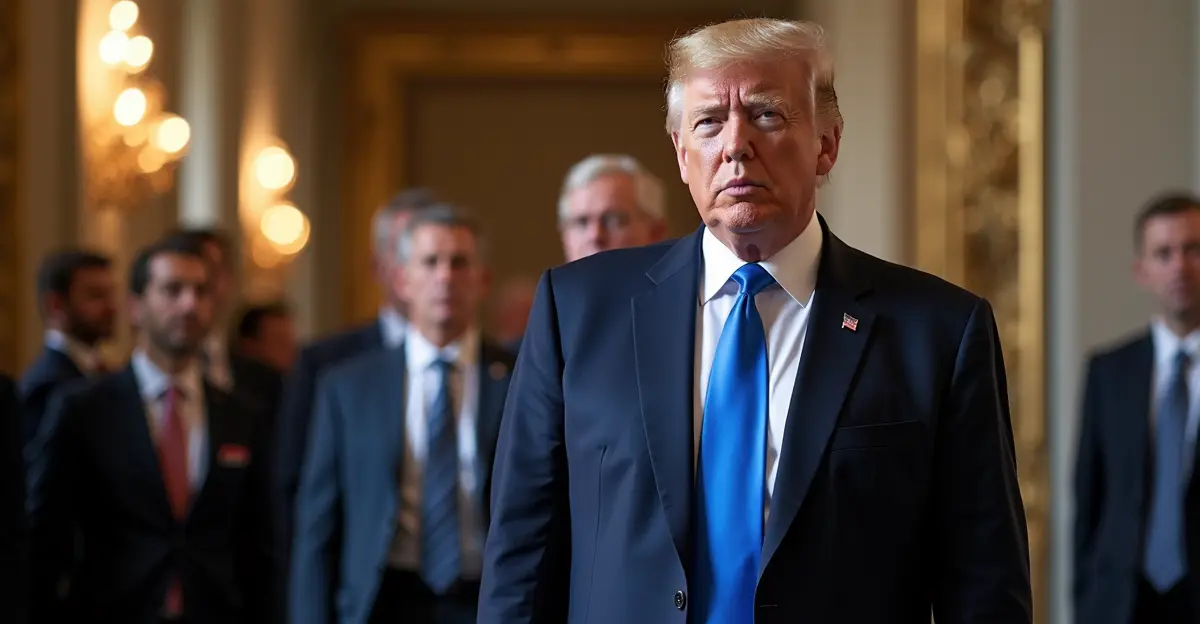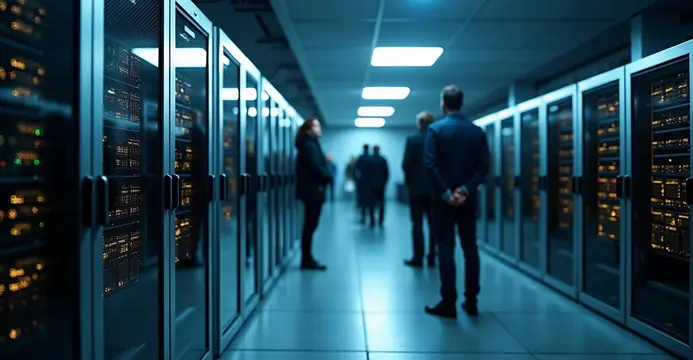Historic Tech Partnership Forged During Royal State Visit
In a landmark development during President Donald Trump's state visit to the United Kingdom, major American technology giants have committed billions in investments to bolster Britain's artificial intelligence infrastructure. The agreements, announced during an elaborate state banquet at Windsor Castle, position the UK as a key player in the global AI race.
Silicon Valley Titans Bring Investment Windfall
Microsoft CEO Satya Nadella revealed plans to invest £22 billion in UK AI infrastructure, including the construction of a state-of-the-art supercomputer and multiple data centers. "These investments could grow the British economy by up to 10 percent in the coming years," Nadella stated during the proceedings.
Nvidia CEO Jensen Huang, present alongside OpenAI's Sam Altman and Apple's Tim Cook, confirmed collaborative efforts with British firm Nscale to build advanced data centers across the UK. Huang had previously declared, "This is the week I declare that Britain will be an AI superpower."
Strategic Positioning in Global AI Competition
The investments strategically position Britain as the third major AI power bloc alongside the United States and China. American companies view the UK expansion as a gateway to European markets and a counterbalance to Asian technological dominance.
The timing is particularly crucial for Britain's struggling economy, which has shown minimal growth despite government promises of economic revitalization. The tech investments represent a significant boost to the nation's technological capabilities and economic prospects.
Controversial Concessions and Copyright Concerns
While the financial commitments are substantial, questions remain about what concessions the UK government made to secure these deals. Sources indicate the Trump administration demanded changes to Britain's Digital Services Tax, implemented in 2020 to prevent international tech companies from tax avoidance.
Additional concerns involve potential copyright law modifications that would allow AI companies to use protected works without explicit permission unless creators formally object. This has drawn fierce criticism from the creative sector, with over 400 music stars including Elton John and Paul McCartney warning against what they call "mass theft" of intellectual property.
The "tech prosperity deal" represents one of the largest foreign investment packages in UK history and signals a new era of transatlantic technological cooperation.

 Nederlands
Nederlands
 English
English
 Deutsch
Deutsch
 Français
Français
 Español
Español
 Português
Português










